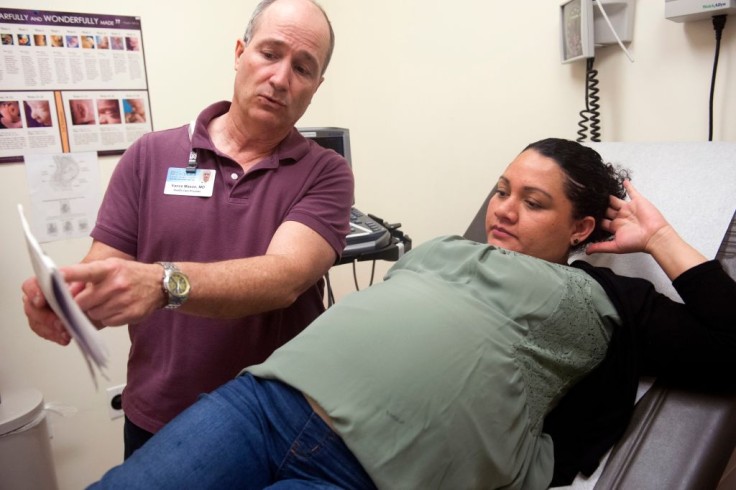
A recent study released by the U.S. Centers for Disease Control and Prevention (CDC) showed that in 2020, 861 women were identified as having died of maternal causes in the United States. An increase from the 754 in 2019. The agency also said that the maternal mortality rate for non-Hispanic Black women is 55.3 deaths per 100,000 live births, 2.3 times the rate of their non-Hispanic women counterparts.
According to The Philadelphia Inquirer, Black women were four times more likely to die of pregnancy-related causes than their white counterparts. They also had greater odds of receiving less pain medication and medical attention. Compared to white women, Black women were also likely to develop preeclampsia. Although studies find no single cause for these disparities, research show that institutional racism and unconscious bias among doctors contribute to the disparity.
Dangers of giving birth
Lakeisha Faulkner Jenkins was in labor for hours. She was exhausted and had a pounding headache. The doula warned the nearest nurse for the third time that Jenkins had a headache.
A persistent headache during labor or pregnancy can signify preeclampsia, a deadly high blood pressure condition. The hospital said that the pain was normal, so Jenkins pushed through.
Hours later, while resting with her newborn, Jenkins said she was not feeling well. Her vision was blurred, and her ankles were swollen. Still, the nurses assured them it was normal and discharged Jenkins.
After 24 hours of settling at her Drexel Hill Home, the new mom's legs were so swollen that she was out of breath and felt like her head was about to explode.
That evening, her husband, Kevin Jenkins, rushed her to the doctor with their baby. The doctor said she had postpartum preeclampsia. Fortunately, Jenkins survived the ordeal.
But not all moms are so lucky. American women, regardless of color, die from preeclampsia, heart problems, and massive hemorrhage days or weeks after giving birth, NPR reports.
In recent years, lawmakers and health administrators initiated efforts to reduce maternal deaths due to preventable medical conditions. Policies and programs were developed to make childbirth safer by early detection of medical conditions.
Among these initiatives are evaluating the patient's risk for hemorrhage and retraining staff to detect signs of preeclampsia. CDC also launched a "birth-friendly" designation for hospitals that meet maternity care quality standards.
Support for moms after birth
However, despite the efforts, the CDC data says it is insufficient. As per local data, hospital improvements may have lowered maternal deaths in the hospital, but like Jenkins, many deaths happen in the weeks or months after giving birth when medical attention has shifted to the newborn.
Health experts say that maternal mortality is a complex issue, and it is challenging to point to a single problem. Public health experts advise that addressing family concerns such as poverty, racial inequity, and lack of access to healthcare when they leave the hospital should keep more mothers from maternal death.